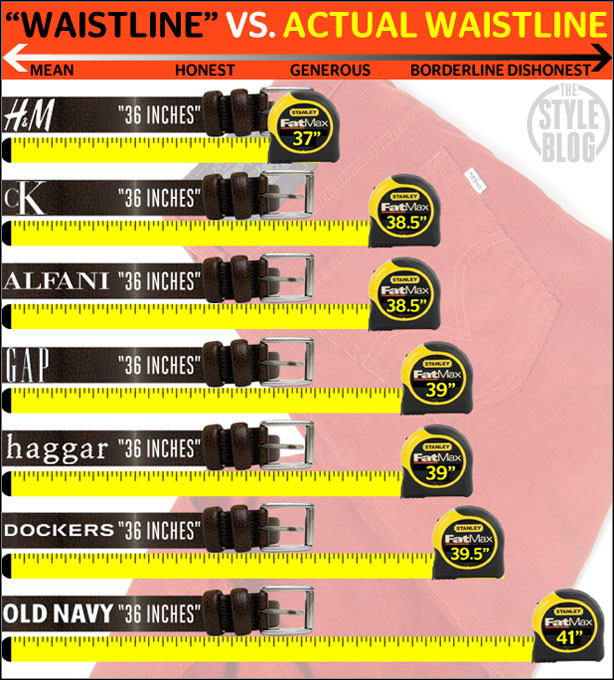The Register, reacting to the decision by the Advertising Standards Authority to allow homeopaths and herbalists to be described as “scientists”, offers an alternative term:
We here at the Reg would like to offer as a new gold standard our use of the term “boffin” to replace the now officially discredited term “scientist” — which was already in our view unacceptably loosely applied, including as it did researchers in such fields as sports science, psychology etc.
A boffin, on these pages at least, will be a researcher whose work is based on hard sums and/or hard facts such as fossils, atomsmasher collisions etc. Statistics, especially ones gleaned by surveying students or counting up patents granted etc, will generally not count. Persons who work with the latter sorts of material will normally be known as eggheads, trick-cyclists, economists etc as appropriate.
And even though the word “scientist” now officially means nothing, we still aren’t going to apply it to homeopathic smellies experts.





